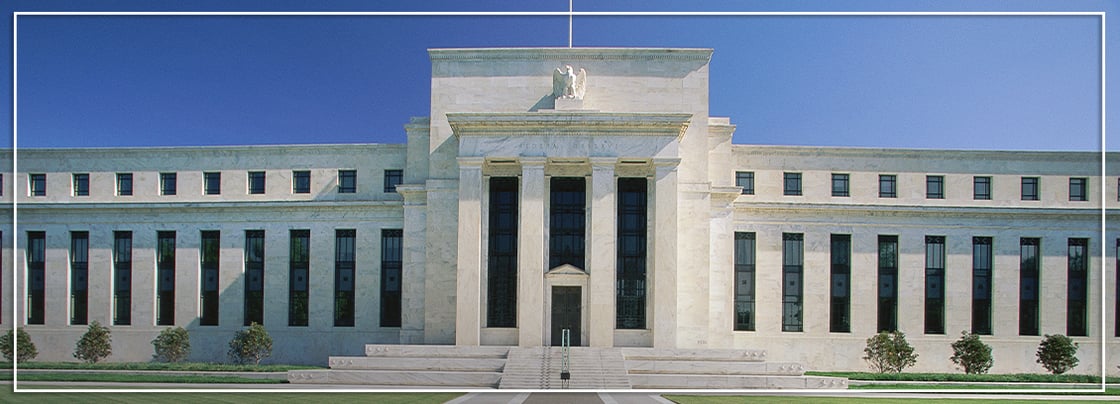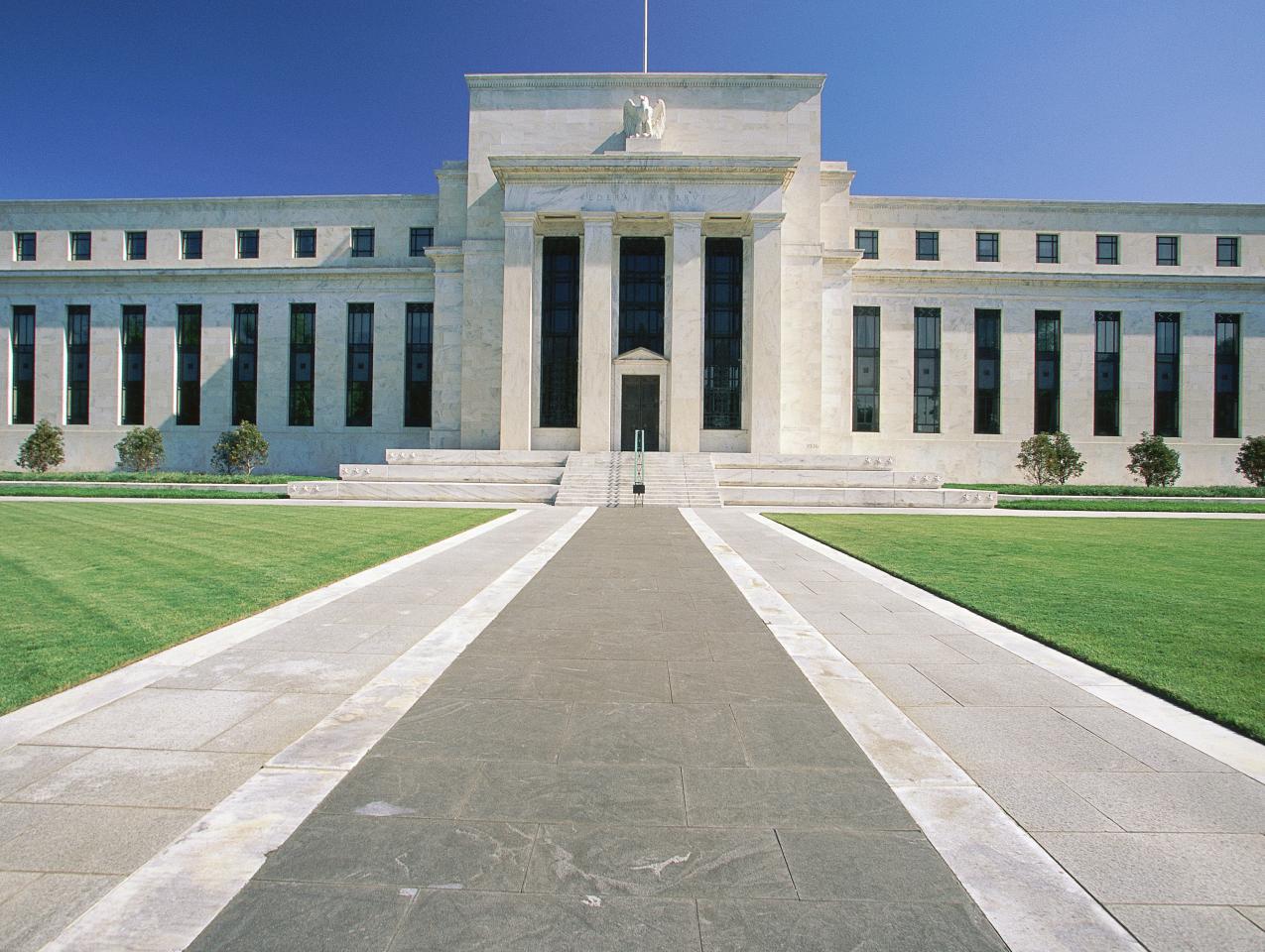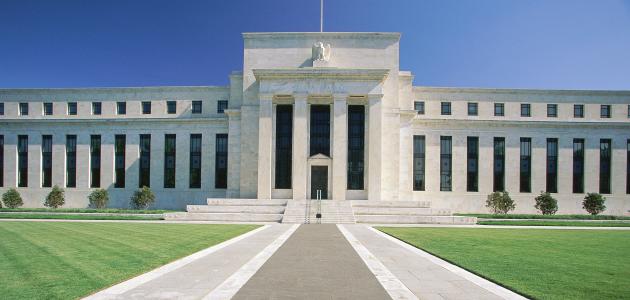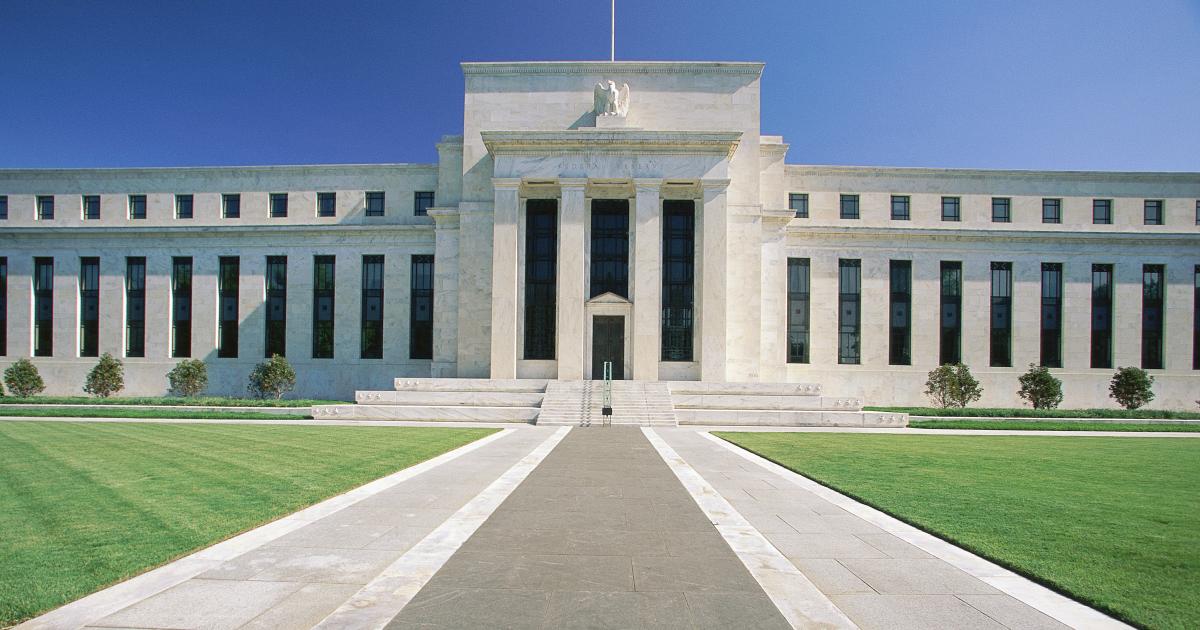The US economy finds itself at a crossroads. Recent months have brought disappointing job growth and persistent inflationary pressures. Meanwhile, the Trump administration is eager to reshape the nation’s economy. Hoover Institution scholars are addressing these challenges, helping to inform fiscal, monetary, and regulatory policy debates.

The Federal Reserve and Monetary Policy
It has been an eventful time for the Federal Reserve: a new Fed governor was seated, President Trump tried to unseat another, and the Federal Reserve lowered rates. With Jerome Powell’s chairmanship expiring in 2026, the next year promises to hold more changes for the central bank.
In a recent WSJ op-ed, Hoover Senior Fellow John H. Cochrane poses questions that prospective Fed chiefs should answer. Among other questions, Cochrane asks “Should the Fed address employment by simply focusing on price stability, avoiding the inflation and disinflation that upsets labor markets? Or should the Fed sacrifice some price stability to pursue employment goals?” Cochrane provides his answers in a companion piece in The Grumpy Economist. Cochrane argues that the Federal Reserve should focus on price stability: “The record of trading inflation for better employment is poor. Just keep the price level stable and employment will take care of itself. Avoid surges of inflation and panicked rate rises that cause recessions to control inflation. Don’t repeat 1979, and you won’t repeat 1980.”
In a July interview on Uncommon Knowledge, Hoover Distinguished Visiting Fellow Kevin Warsh critiques the Federal Reserve’s recent performance. Warsh expanded on his recent speech to the G30 where he argued that the Fed has strayed from its core mandate of price stability. The central bank was too eager to accommodate reckless spending by Congress, which led to further spending increase: “Congress and the president decided there are very few costs to all of this spending, because the Federal Reserve is subsidizing it, because we were the most important purchaser of these bonds.” To fix the institution, the Federal Reserve needs “to ask and answer big, hard, strategic questions, instead of just sort of pushing these things under the rug.”
In a conversation with Hoover’s Policy Fellow Jon Hartley on the Capitalism and Freedom podcast, Federal Reserve Governor Chris Waller explores how monetary policy, payments infrastructure, and regulatory scope are being reshaped in light of technological change and rising expectations of government involvement.
On his Economics, Applied podcast, Hoover Senior Fellow Steven J. Davis discussed central bank communications with Mary Daly, the president and CEO of the Federal Reserve Bank of San Francisco. They considered how specific the Fed should be about its actions and goals and how open the institution should be about internal deliberations over its policy actions.
The Hoover Institution continues to celebrate the enduring influence of John B. Taylor on monetary policy. In a recent working paper, Hoover’s Michael D. Bordo, John H. Cochrane, and Jon Hartley examine Taylor’s extensive scholarship on monetary rules, fiscal policy frameworks, and international economics. As institutions, governments, and markets adjust to new challenges, Taylor’s work remains key reading for current and future policy makers.

Trump’s Economic Policies
In Defining Ideas, Hoover Research Fellow David R. Henderson argues that the Trump administration’s recent economic interventions—from directing investment toward industries deemed strategic to dictating the terms of foreign investment in the United States—represent a turn toward industrial policy that mirrors aspects of Chinese intervention. Henderson argues that industrial planning, both in the US and abroad, “virtually always fails.” Worse, he warns “these interventions are leading the United States further away from freedom.”
In another episode of Economics, Applied, Steven Davis interviewed economist Maurice Obstfeld about the Trump administration’s international economic policies. They consider both Trump’s seeming ambivalence to the historic role the US has played in preserving the international economic order and the administration’s trade and tariff policies.

Innovation, Finance, and Regulation
With innovation in digital payments and stablecoins rising, policymakers are increasingly debating how best to regulate them to prevent instability in financial markets. In The Wall Street Journal, Senior Fellow Amit Seru examines the recently enacted GENIUS Act. The act, Seru explains, creates a formal category of “payment stablecoins,” bans interest payments to emphasize utility over speculation, and demands full backing with cash or Treasurys. But while the act provides clarity to the market, it does little to promote stability or safety. He warns that “no act of Congress can repeal the fundamental trade-off in finance: safety comes at the cost of utility. To forget this is to invite the next crisis, digitally upgraded but depressingly familiar.”

Education, Human Capital, and Work
In a new PolicyEd video, Hoover Senior Fellow Paola Sapienza discusses her research showing that immigrant students raise educational outcomes for themselves and their peers. This is especially true for those from disadvantaged backgrounds. Sapienza highlights that, among other reasons for this finding, immigrant students are less likely to be disruptive in the classroom, which "makes the classroom environment more conducive to learning for all students.”
Along with his coauthors, Steven J. Davis shows how remote work in Turkey has expanded recruitment and broadened participation among underserved workers such as women and those in rural communities. They find that the rise of remote work did not harm the quality of the work; instead it raised worker productivity. Importantly, the authors’ find face-to-face interactions in onboarding was key to increasing workers’ productivity.

Spotlight: The Healthcare Policy Working Group
The Hoover Institution’s Healthcare Policy Working Group is advancing solutions to reduce costs while improving quality and innovation in US healthcare. Recent activities highlight the need to reform Medicaid’s financing structure, the value of expanding health savings accounts to more Americans, the dangers of Medicare’s drug price negotiation program, and reforms to improve patient access for new drug therapies. These themes were brought together at a March conference hosted at Hoover, where scholars, policymakers, and practitioners explored the future of Medicare, Medicaid, and medical innovation, stressing that durable reform must improve patient outcomes while ensuring long-term fiscal sustainability.
For more insight on important economic issues visit www.hoover.org/focus-areas/answering-challenges-advanced-economies























